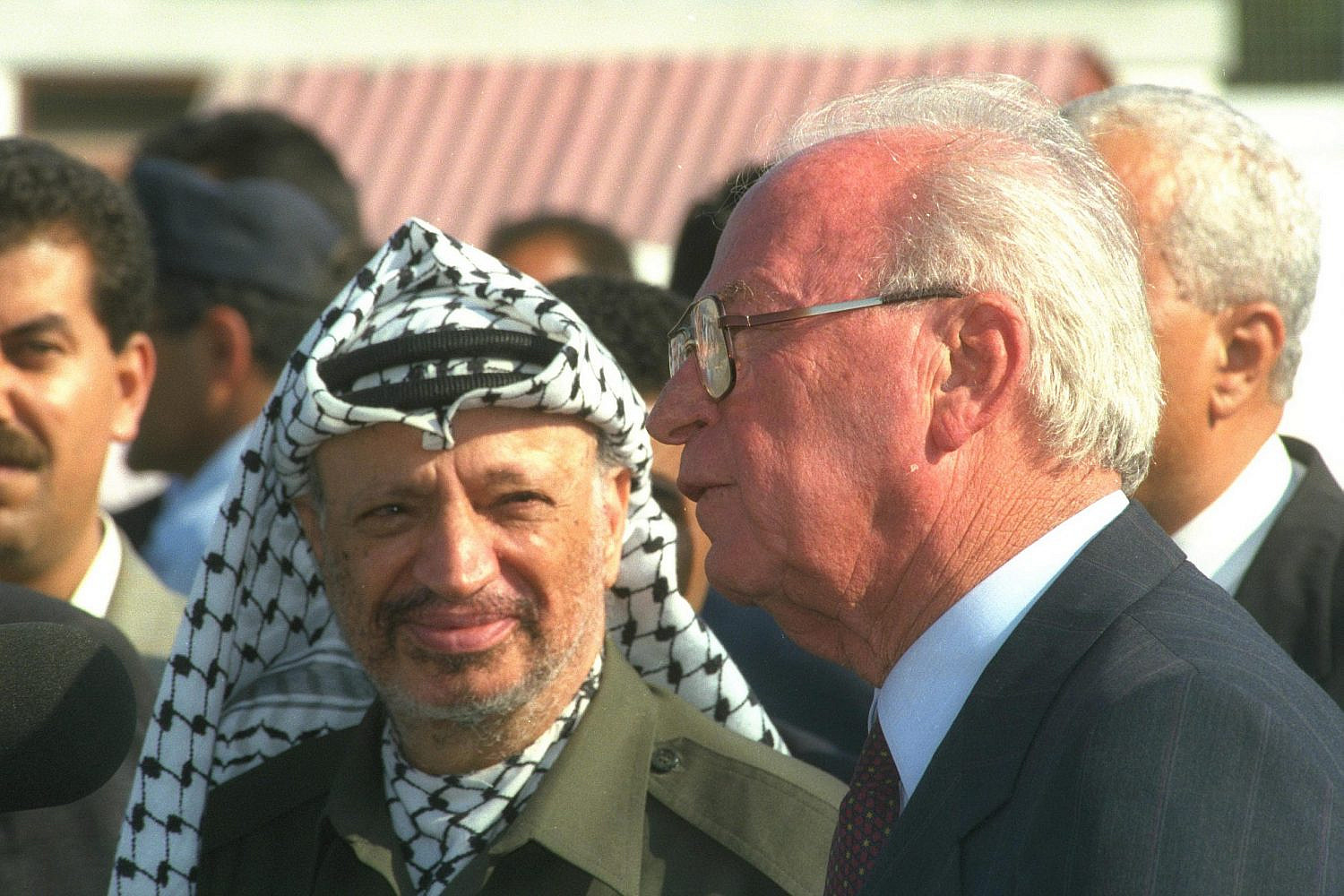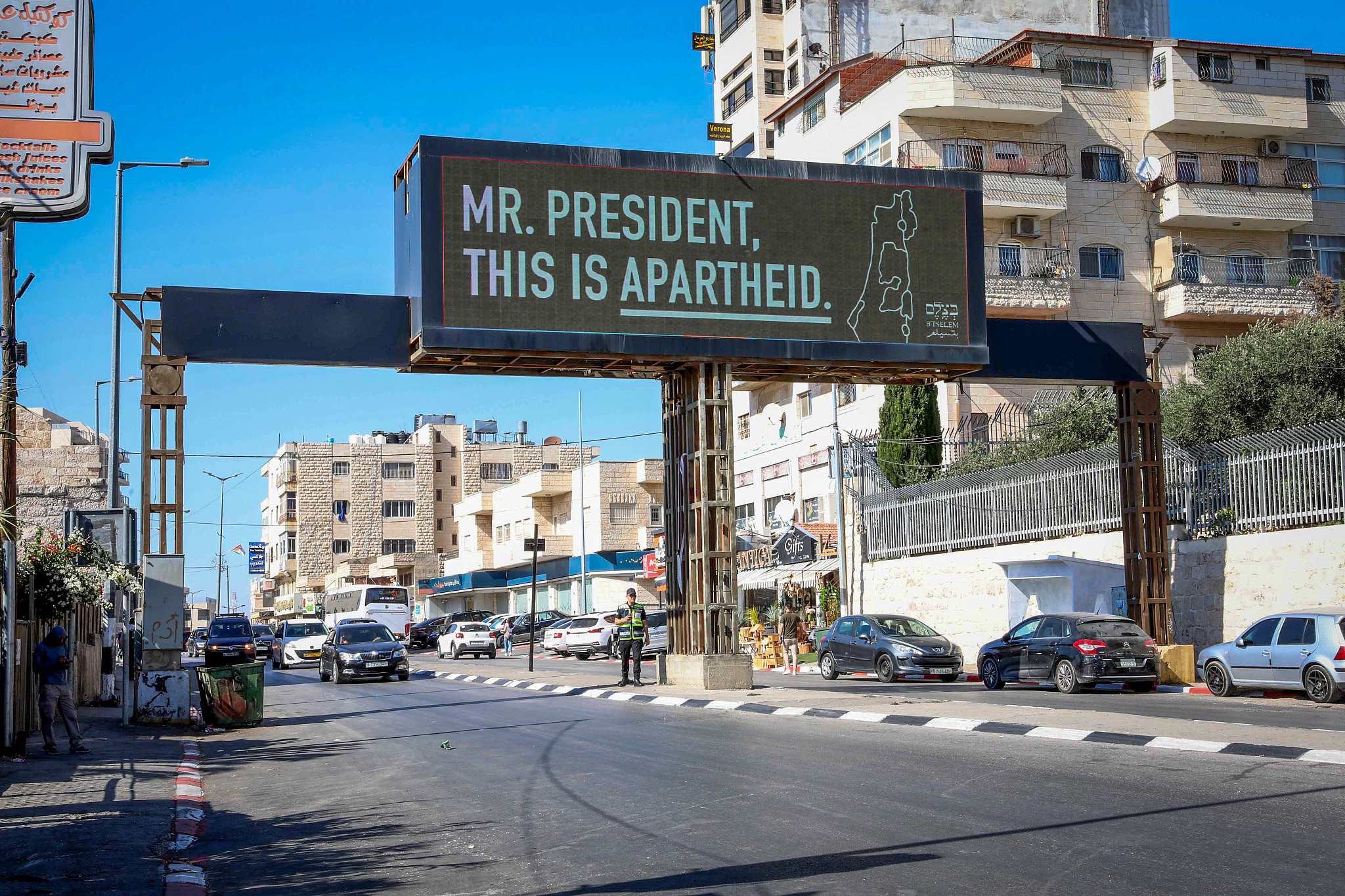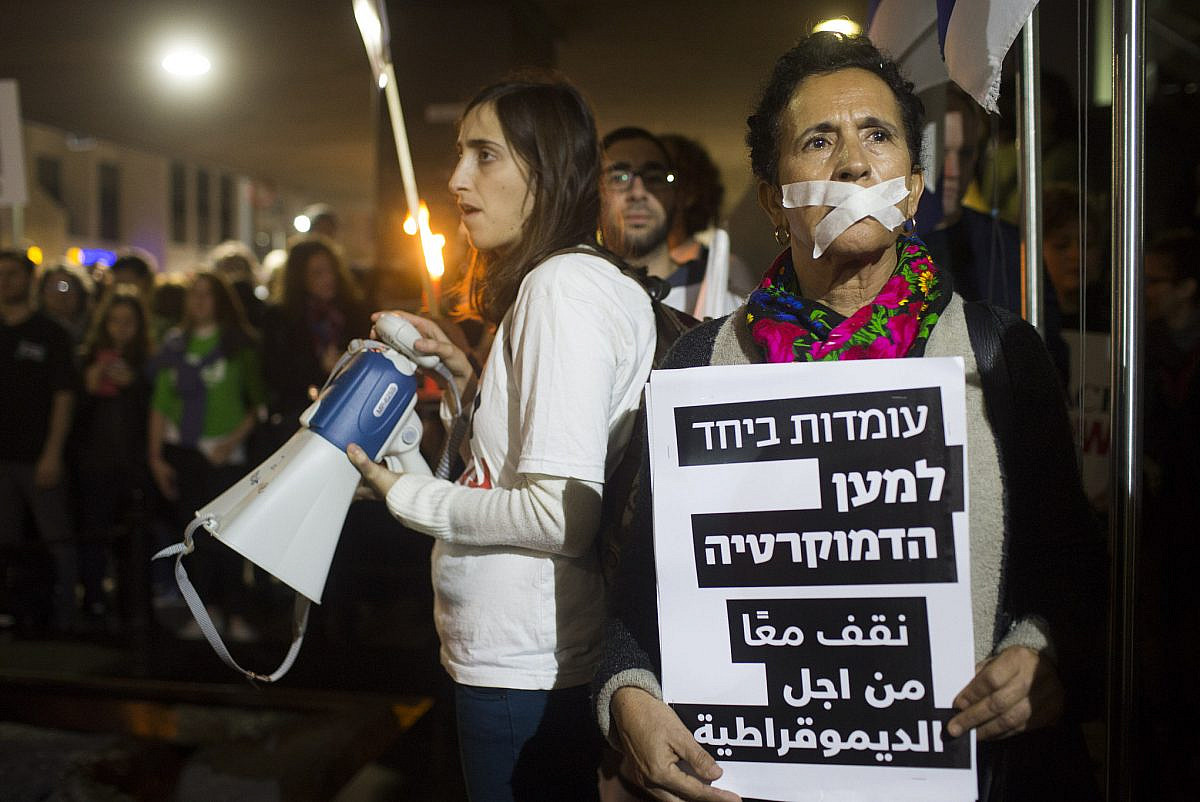Following a wave of international pressure, Prime Minister Benjamin Netanyahu decided to table and reexamine a new bill that targets foreign government funding for Israeli NGOs, earning him criticism from right-wing parties and organizations — and for good reason. The bill, which would slap a 65 percent tax on nonprofits, and was aimed in particular at left-wing NGOs, has become a central component of the right’s agenda in recent years. Netanyahu himself committed in the coalition agreements to pass the legislation within 180 days of the government’s formation.
The confluence of the judicial overhaul, which seeks to crush the Supreme Court, and the new NGO Law, which seeks to eliminate the activities of left-wing and human rights groups through heavy taxation, eerily echoes Yitzhak Rabin’s adage, “without the High Court and without B’Tselem.” Though the right considers Rabin among its greatest enemies, his slogan has now been co-opted by the right in its own attempt to undermine the exact same institutions.
The difference is that Rabin was not referring to the High Court and B’Tselem as obstacles for the Israeli government; rather, he was talking about them in relation to the then newly-established Palestinian Authority (PA).
Rabin coined the phrase in a speech that was broadcast on Channel One on March 1, 1994, in response to harsh criticism leveled against him from the right about the dangers of signing the Oslo Accords. Rabin reassured his political opponents that the Palestinian police would be able to fight Hamas — which at the time was engaged in a violent campaign to torpedo the accords — without having the judiciary or human rights groups interfering in their efforts.
In other words, Rabin promised that Israel would be able to maintain its democratic façade, replete with courts and civil society, while leaving the dirty work of suppressing Palestinians to the PA.

The PA would indeed come to embrace the role of occupation-subcontractor with great fervor, and over the years it has made sure to crack down on Palestinian resistance — including nonviolent and popular resistance — against Israeli policies, provoking harsh internal Palestinian criticism (which the PA has also not hesitated to violently quash). Israel, for its part, dealt another significant blow in its war against Palestinian civil society by outlawing six of its most prominent civil society organizations, a move that, unsurprisingly, was not met with any serious response from the PA itself.
But with the entrenchment of occupation and apartheid, Israel discovered that it could not continue to treat human rights organizations as a fig leaf, and that these groups were committed to the kind of work that necessarily pulls off Israel’s mask and exposes its true face. It is the kind of work that has helped, among other things, to formulate several international documents and reports that have been harshly critical of Israel, such as the Goldstone Report on Operation Cast Lead, Israel’s assault on Gaza in 2008-2009.
This work has continued apace. In June 2015, the international commission investigating Operation Protective Edge, Israel’s military assault a year before, published its conclusions — which were based, in part, on data from B’Tselem, Adalah, Breaking the Silence, and other organizations — accusing Israel of committing war crimes in Gaza.
Most read on +972
These, along with the appearances of B’Tselem head Hagai El-Ad before the UN Security Council, made it clear to Israel that, unlike the PA, Israeli human rights groups refuse to accept the decorative role that Rabin designated for them. This led to an unprecedented campaign of incitement against these organizations and their leaders, led by the far-right Im Tirtzu organization.
As human rights groups transformed from an asset into a burden, the Israeli government has essentially adopted Im Tirtzu’s position. Although these organizations have not (yet) been declared terrorist organizations and have not yet been outlawed, as happened to Palestinian ones, the state has already begun a campaign to publicly delegitimize them. There is an entire industry dedicated to this madness — and now the government is gleefully embracing it.
The newest taxation bill marks, among other things, the final stages in the collapse of the mirage of “Jewish, occupying, and democratic.” In the 29 years that have passed since Rabin made his remarks, Israel realized that the gap between its determination to maintain an apartheid regime and its need to be recognized as a democratic state could no longer be bridged, and so decided in favor of full-blown apartheid.

Since the far-right government is interested in the complete subjugation of Palestinians, in the spirit of Smotrich’s “Decisive Plan,” it is no longer able to even provide the PA with the veneer of limited sovereignty the latter needs in order to continue Israel’s dirty work. Nor can this government even pay basic lip service to Israel’s legal system, which, with a few notable exceptions, has made sure to legalize almost every single crime that Israel commits against the Palestinians.
Thus, in a bitter and fascinatingly ironic turn, 30 years after Oslo, Israel now finds itself in the role it had originally intended for the Palestinians: an undemocratic and oppressive regime, an inch away from finally getting rid of both the High Court and B’Tselem.
A version of this article was first published in Hebrew on Local Call. Read it here.






